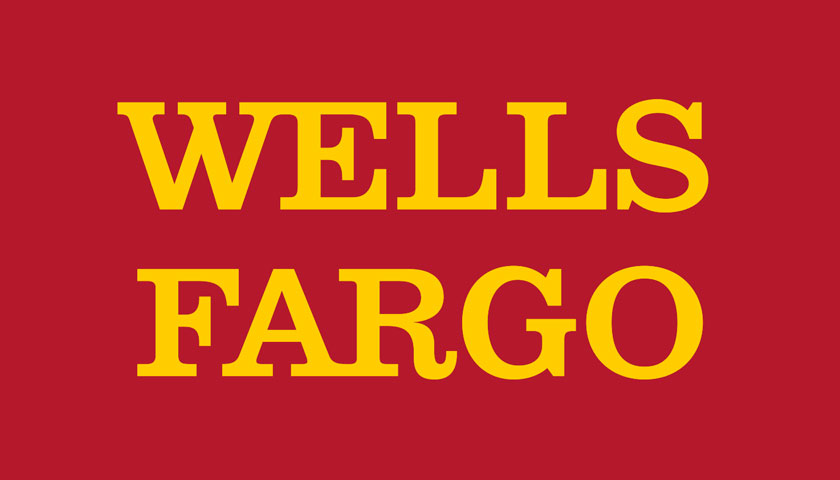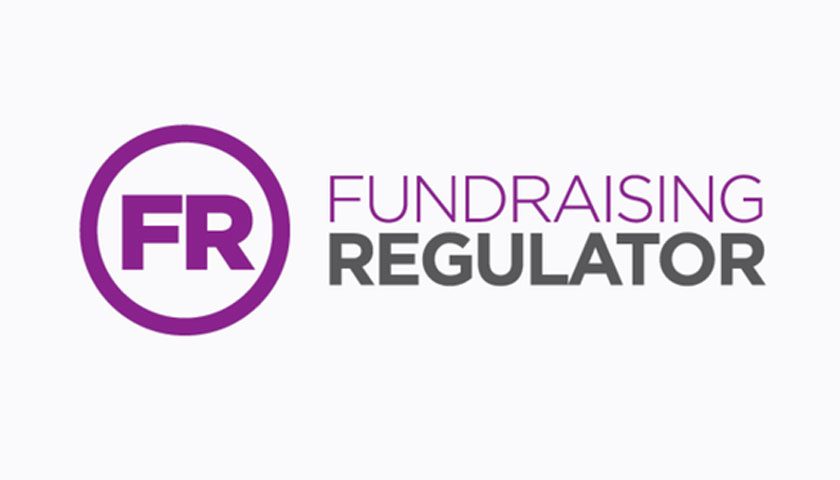The National Disability Institute (NDI) launched the Financial Resilience Center, an online comprehensive education and information hub for people with disabilities and those with chronic health conditions. Provided at no cost, information is organized under six resource areas: employment/unemployment, COVID-19 stimulus, money management, public benefits, housing/food/healthcare and scams, with additional emphasis on federal guidance/policy and community-based resources.
With support from the Wells Fargo Foundation, the goal of the Center is to promote effective financial decision making and stability in response to the adverse economic consequences of the COVID-19 pandemic.
Key collaborators of the Center include LifeCents and the Association for Financial Counseling, Planning and Education® (AFCPE®). The LifeCents financial health platform provides each participant with personalized guidance, resources and referrals to services relevant to that individual’s situation. Referrals to AFCPE professionals with disability-related counseling competencies will also be available for those needing one-on-one counseling or coaching to help assess their financial situation, evaluate trade-off decisions and plan for any financial challenges ahead.
The COVID-19 pandemic has created a great deal of physical, mental and financial uncertainty for many in the U.S., particularly those with disabilities and chronic health conditions. In response, the Center will provide accurate and current information and resources, including helpful tools, to increase financial stability and reduce economic stress. The intent is to empower people with disabilities to acquire personal finance knowledge, improve financial habits and gain the confidence needed to navigate economic uncertainty now and in the future.
“For people with disabilities, chronic health conditions and seniors, the immediate and longer-term health risks of the COVID-19 pandemic are considerable, exacerbated by economic conditions that further inflate financial instability and insecurity,” said Elizabeth Jennings, National Disability Institute Acting Executive Director. “The current circumstances – the stock market losses, shrinking retirement assets, lost wages from furloughs and layoffs and increased healthcare and everyday living costs – are creating a ‘perfect storm’ for individual financial stress. Now more than ever, this financially fragile community needs access to helpful information and support to make good financial decisions.”
“This year marks the 30th anniversary of the Americans with Disabilities Act (ADA) and, for generations, the disability rights movement has fought for equality and accessibility,” said Kathy Martinez, head of Disability & Accessibility Strategy for Wells Fargo. “The Financial Resilience Center bridges the gap between financial distress and accessible resources for people with disabilities.”
“The COVID-19 pandemic has created an extraordinarily volatile and challenging economic environment that has highlighted the extreme financial fragility of the most vulnerable populations,” said LifeCents Founder and CEO Blake Allison. “Wells Fargo’s generous support of the Financial Resilience Center is a much needed remedy for people with disabilities and chronic health conditions in these unprecedented times. We are inspired to be working in partnership with NDI, AFCPE and their incredible teams who are bringing this much needed resource to life.”
“At AFCPE, we believe that all people – regardless of income or background – deserve access to the highest standard of financial guidance,” said Rebecca Wiggins, AFCPE Executive Director. “We are proud to partner with NDI on this important initiative and to provide people with disabilities the opportunity to meet virtually with a qualified financial counselor or coach. AFCPE certified professionals have the rigorous education and experience to be able to meet people where they are, and help navigate a person’s specific situation and unique needs.”
People with disabilities and chronic health conditions and their family members represent a disproportionately high share of vulnerable groups at increased risk for severe complications and death from COVID-19. As a group, this population is also more likely to be unemployed, underemployed, socially isolated and without emergency funds to meet immediate financial needs (rent, food, necessities, etc.). The Financial Resilience Center offers a range of services – from information to education to counseling – to meet the unique needs of this population and their families.
Visit the Financial Resilience Center.



